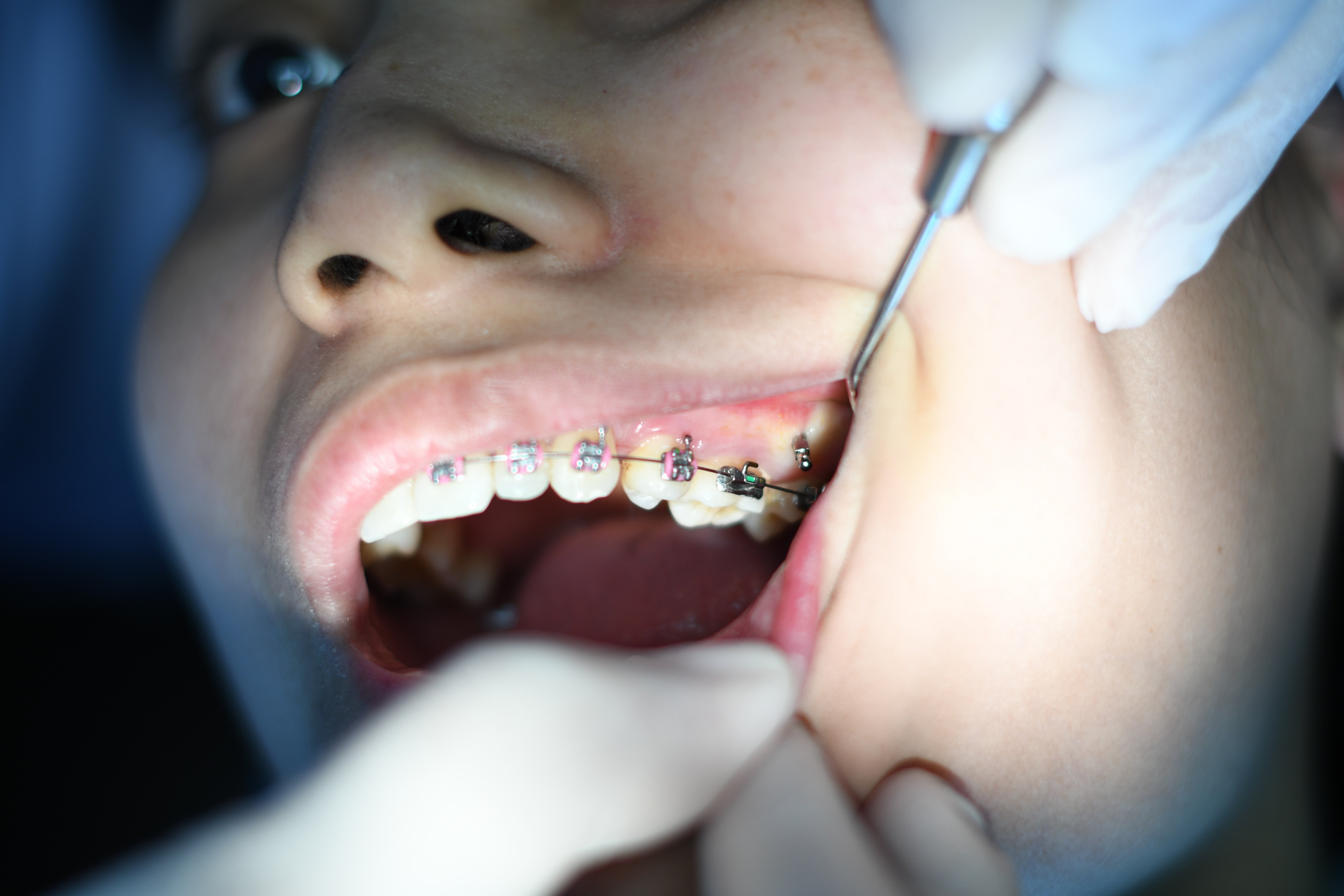Discover what to expect during a composite bonding consultation and how it can transform your smile.
Understanding Composite Bonding: An Overview
Composite bonding is a cosmetic dental procedure that involves applying a tooth-colored composite resin material to the teeth to enhance their appearance. It is a popular solution for fixing chipped, cracked, or discolored teeth, as well as closing gaps between teeth and reshaping teeth to improve their alignment.
During the consultation, your dentist will explain the process of composite bonding and discuss whether it is the right option for you. They will assess the condition of your teeth and discuss your desired outcome to determine if composite bonding is the most suitable treatment.
Understanding the basics of composite bonding will help you make an informed decision and understand the potential benefits it can offer.
Why Consider Composite Bonding?
There are several reasons to consider composite bonding as a cosmetic dental treatment. First and foremost, it can significantly improve the appearance of your smile. Whether you have minor imperfections or more significant dental issues, composite bonding can help you achieve a more aesthetically pleasing smile.
Another advantage of composite bonding is its versatility. The composite resin material can be sculpted and shaped to match the natural color and contour of your teeth, resulting in a seamless and natural-looking result. It is also a relatively quick and affordable treatment option compared to other cosmetic dental procedures.
Composite bonding is a non-invasive procedure, meaning it does not require the removal of healthy tooth structure. This makes it a conservative and reversible treatment option that can be a great choice for patients who want to improve their smile without undergoing extensive dental work.
By considering composite bonding, you can address various dental concerns and achieve a beautiful smile that boosts your confidence and overall appearance.
Preparing for Your Consultation
Before your composite bonding consultation, it is essential to gather any relevant dental records, such as X-rays or previous treatment information, to provide a comprehensive understanding of your dental history.
During the consultation, be prepared to discuss your dental concerns, desired outcome, and any questions or apprehensions you may have. Your dentist will evaluate your teeth, gums, and overall oral health to determine if you are a suitable candidate for composite bonding.
It is also beneficial to have a clear understanding of your budget and dental insurance coverage, as composite bonding may not be fully covered by insurance.
By being well-prepared for your consultation, you can ensure a productive discussion with your dentist and make informed decisions about your dental treatment.
What to Expect During the Consultation
During your composite bonding consultation, your dentist will thoroughly examine your teeth and discuss your treatment goals. They may take dental impressions or use digital imaging to create a mock-up of your expected results.
Your dentist will explain the composite bonding process, including the materials used and the steps involved. They will also discuss the potential risks and benefits associated with the treatment.
Based on your examination and discussion, your dentist will develop a customized treatment plan tailored to your specific needs and goals. They will explain the timeline, cost, and any necessary preparations before the procedure.
The consultation is an opportunity for you to ask questions, express any concerns, and ensure that you have a clear understanding of the entire composite bonding process.
Next Steps: Post-Consultation Considerations
After your composite bonding consultation, it is crucial to carefully consider all the information provided by your dentist. Take the time to weigh the potential benefits and risks of the treatment.
If you decide to proceed with composite bonding, you can schedule your treatment appointments and discuss any necessary preparations with your dentist. It is essential to follow any pre-operative instructions provided to ensure the best possible outcome.
The Pearls Dental dentist will treat any cavities, clean your teeth, check your gum health, consider your bite and provide a course of teeth whitening before the composite bonding is commenced.
Remember to maintain good oral hygiene practices, including regular brushing and flossing, to prolong the lifespan of your composite bonding. Avoid habits such as biting on hard objects or chewing on ice, as these can damage the composite material.
Regular dental check-ups and cleanings are also essential to monitor the condition of your composite bonding and address any issues promptly.
By considering the post-consultation considerations and following your dentist's guidance, you can enjoy a long-lasting and beautiful smile through composite bonding.


